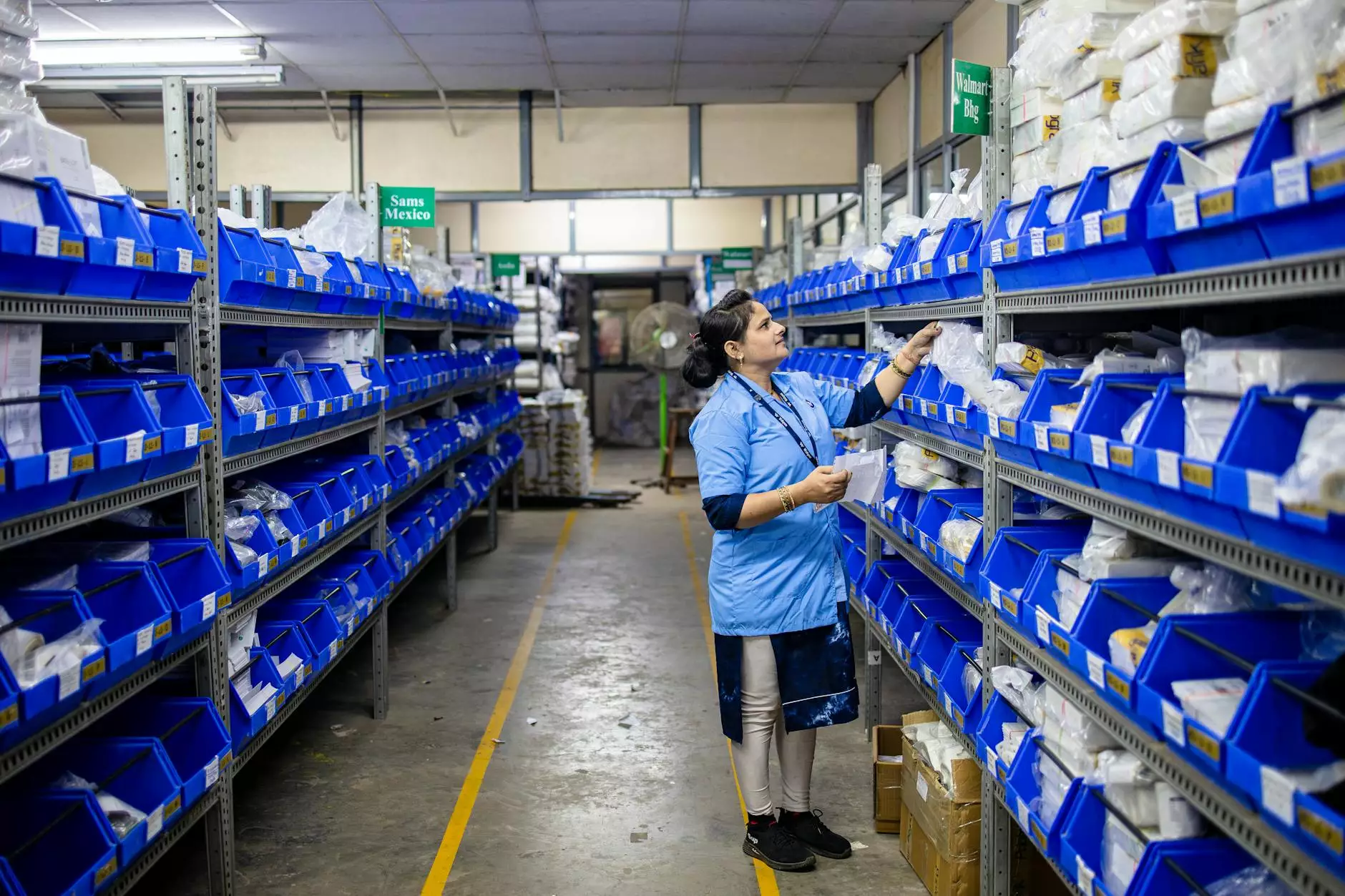Importing Sugar from Brazil: A Comprehensive Guide for Businesses

Importing sugar from Brazil is an endeavor that many businesses pursue, thanks to Brazil's position as one of the world's premier sugar producers. With its diverse climate and extensive agricultural land, Brazil offers a variety of sugar types, ensuring that businesses can find the perfect match for their needs. This article explores the ins and outs of importing sugar from Brazil, providing you with essential information that will help you succeed in the global sugar market.
Why Brazil is a Leading Sugar Supplier
Brazil has long been regarded as a powerhouse in the sugar industry. The reasons for this dominance include:
- Climate: Brazil's tropical climate is ideal for sugarcane cultivation, allowing for high yields.
- Technological Advancements: Brazilian sugar producers have adopted advanced agricultural techniques that enhance productivity.
- Market Diversity: Brazil produces both raw and refined sugar, catering to different market needs.
- Export Infrastructure: The country's developed ports and logistics systems facilitate efficient sugar exports.
Understanding the Types of Sugar Available for Import
When importing sugar from Brazil, it's crucial to understand the different types of sugar available:
1. Raw Sugar
Raw sugar, often referred to as brown sugar, is minimally processed and retains molasses content. It has a rich flavor and is used in numerous food products.
2. White Sugar
White sugar, or refined sugar, is the most commonly used sugar, characterized by its purity and absence of molasses. It is ideal for baking and food manufacturing.
3. Liquid Sugar
Liquid sugar is a highly soluble form of sugar, perfect for beverages and food products requiring quick dissolvability.
Finding Reliable Sugar Suppliers in Brazil
Identifying trustworthy suppliers when importing sugar from Brazil is foundational to your business success.
Steps to Identify Suppliers:
- Research: Search for reputable suppliers online and offline, focusing on Brazilian companies with a solid track record.
- Trade Shows: Attend international trade fairs where sugar suppliers showcase their products.
- Networking: Leverage connections in the food and beverage industry to obtain recommendations.
- Verify Credentials: Check for certificates, licenses, and compliance with international quality standards.
Understanding Import Regulations and Compliance
Before importing sugar from Brazil, familiarize yourself with the import regulations specific to your country:
Key Considerations:
- Tariffs and Duties: Investigate the tariffs applicable to sugar imports in your country, as they can significantly affect pricing.
- Quality Standards: Ensure that the sugar complies with local and international food safety standards.
- Documentation: Prepare all necessary documentation, such as import permits and health certificates, to avoid delays at customs.
Logistics of Importing Sugar from Brazil
Once you’ve secured a supplier and confirmed compliance with regulations, consider the logistics involved in importing sugar:
1. Freight Forwarding
Engaging a reliable freight forwarder can streamline the shipping process, from the point of origin in Brazil to your destination. They’ll handle:
- Transportation from the supplier to the port
- Shipping arrangements (ocean freight, air freight)
- Customs clearance procedures
2. Storage Solutions
After the sugar arrives, you’ll need an appropriate storage solution to maintain quality. Consider facilities that offer:
- Temperature and humidity control
- Compliance with health standards
- Efficient inventory management systems
Effective Marketing Strategies for Sugar Import Businesses
Once you have imported sugar, it’s essential to have a robust marketing strategy to ensure successful sales:
1. Targeted Marketing
Identify your target market, which may include:
- Food manufacturers
- Bakers and confectioners
- Retail grocery chains
2. Online Presence
In today’s digital age, having a strong online presence is vital. Utilize:
- SEO-friendly website, including content about importing sugar from Brazil
- Social media marketing to reach a broader audience
- Email campaigns to inform potential customers about your offerings
Building Long-term Relationships with Suppliers
Maintaining good relationships with your suppliers is essential for long-term success. Consider the following:
1. Effective Communication
Regular communication ensures that both parties understand requirements and expectations.
2. Feedback Mechanism
Providing constructive feedback helps suppliers meet your needs more effectively.
3. Payment Terms
Establish clear payment terms that are favorable to both parties to avoid misunderstandings.
Challenges in Importing Sugar and How to Overcome Them
Like any business venture, importing sugar from Brazil comes with its own set of challenges. Here are some common issues and potential solutions:
1. Fluctuating Prices
The global sugar market can be volatile. To mitigate this:
- Stay informed about market trends and price movements.
- Consider entering into long-term contracts with suppliers for stable pricing.
2. Complex Regulations
Import regulations can vary greatly. To navigate this:
- Work with a customs broker who specializes in food imports.
- Stay updated on changes in import laws and regulations.
3. Quality Control Issues
Quality can vary between suppliers. To ensure the sugar you receive meets standards:
- Request samples before committing to large orders.
- Regularly inspect batches of sugar upon receipt.
Conclusion
Importing sugar from Brazil can be a lucrative business opportunity supported by a deep understanding of the market and careful planning. By following the guidelines provided in this comprehensive guide, you will be well-equipped to navigate the complexities of sugar importation, build fruitful relationships with suppliers, and effectively market your products. Embrace the challenges and reap the rewards of this sweet business venture.
For More Information
If you’re interested in learning more about importing sugar from Brazil or want to connect with reputable suppliers, visit brazilsugartopsuppliers.com for tailored solutions and expert insights.









